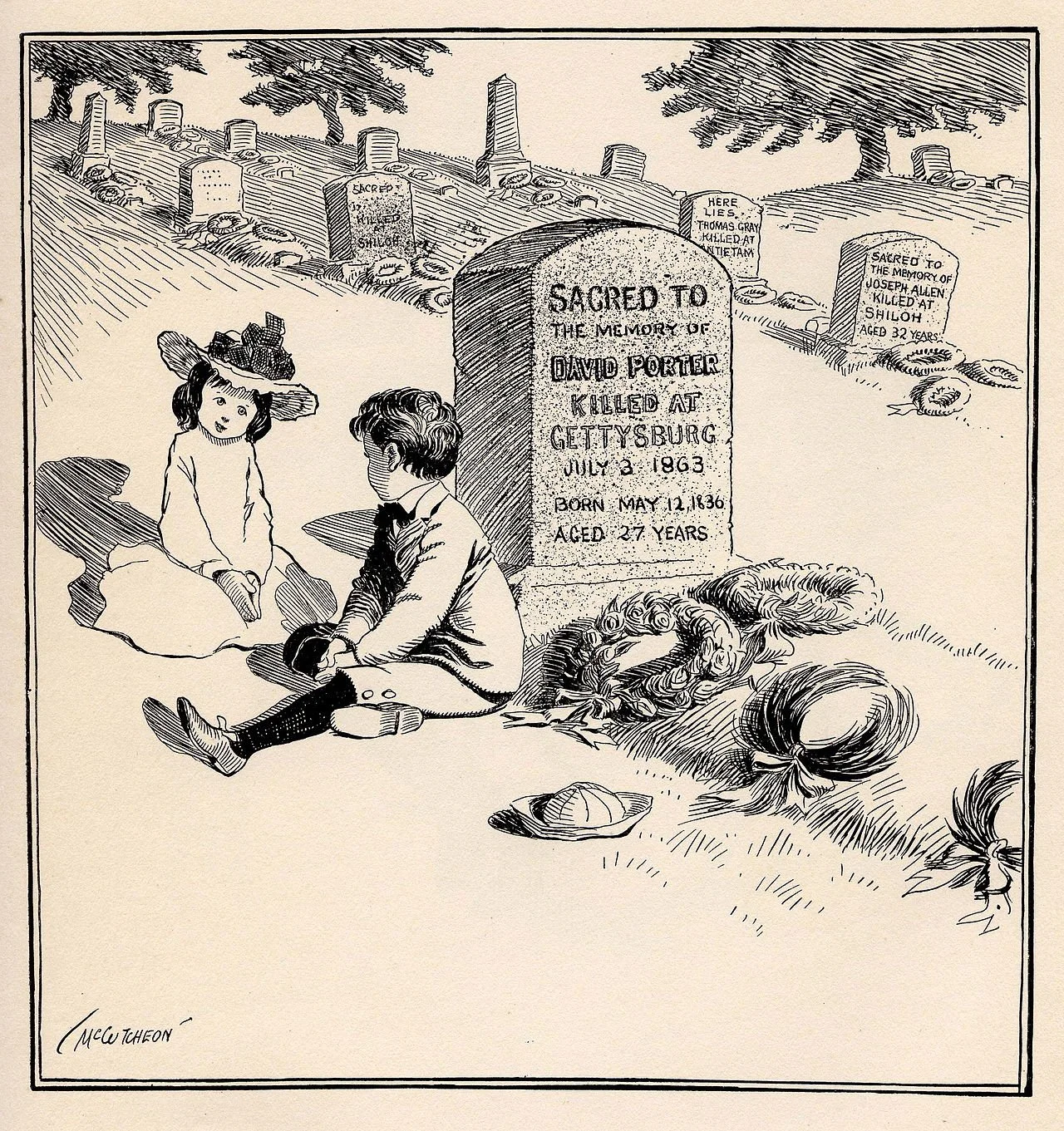Beach in the Cape Cod National Seashore.
I have not yet been to the beach this year and with the arrival of hot weather, a dip is in order. But the fact is that the beach is not what it used to be for me. Ever since I started making television programs on the oceans, I have stared out to the waves with a different mindset -- foreboding tinged with sorrow.
Like most of us I thought of the oceans as the last refuge of untrammeled nature, a place where man’s predations could not defeat nature; the last safe place for the world as it was. Then I started doing television interviews about the state of the oceans and found how wrong I was.
The first interview was with Mark Spalding of The Ocean Foundation; the second with Colin Woodard of The Portland Press Herald; the third was with Sen. Sheldon Whitehouse (D-R.I.), who is my senator; the fourth with University of Rhode Island oceanographer Sunshine Menezes; and the fifth was another detailed discussion of the state of the oceans with Whitehouse in his office on Capitol Hill.
Whitehouse is a passionate advocate for the oceans and an articulate voice about their deplorable condition, due to acidification, infestation with plastic, overfishing, and the relentless rise in temperature and sea level -- up there with acidification, and likely in the future to wipe out coastal communities.
It is grim stuff: a horror story of our own making and one that is sometimes lost among other stories of environmental disaster. But this is one that will get us all in some way.
They say Algernon Charles Swinburne, the 19th Century English poet, would not only write poetry about the ocean, but also would shout his verses into the waves. This summer as we flock to enjoy the beaches in New England and elsewhere, maybe we should shout “sorry” into the sick waves, because they are sick of a disease that can be arrested if we just have the mind to start.
Movie mystery: What gets the distributors' nod?
To me, part of the mystery of the movie business is as much in the distribution as in how particular movies come to be made. I say this because an exceptional film -- one of the few of recent releases -- has got short shrift from the distributors in Rhode Island. I cannot speak for the rest of New England or the country as a whole.
The movie is Norman,, starring Richard Gere -- and starring is the operative word because he is seldom off-screen. It has all of the ingredients which make a movie great to my mind – and for what it is worth, I once reviewed movies for newspapers. The story is, briefly, the tale of a somewhat sleazy New York fixer who ingratiates himself with an Israeli politician who rises to become prime minister of that nation. They become durable friends.
The movie, written and directed by Joseph Cedar, an Israeli film director, is taut, dodges heavy sentimentality and yet has flashes of sentimentality. It nails the banal cruelty of politics, the mischief of gatekeepers and the pain of outsidedness. The craft of filmmaking is on display here at its best. Gere is great and the rest of the cast is also exceptional. I am sure that it will be studied for its technical skill for years to come in film schools.
So why, I ask, was it not on general release in Rhode Island? On Saturday, June 10, it only had an 11:30 a.m. showing in one of the malls. My wife, Linda, and I ended up seeing it at Cable Car Cinema, a venerable but tiny art house in Providence, where it had a number of showings.
Why such limited release? The film was lavishly reviewed in the press, here and abroad. Curious business, movies – a joy when you see a great one where it was meant to be seen, in my view, in a cinema. and not on a TV screen.
Washington's marble lobbies: Cold, slippery and awful
Back to Washington last week for another speech and some visits.
Washington’s law firms set the pace for office decoration and two things dominate: marble and glass. One thing is eschewed: anywhere to sit.
Building after building, housing the myriad law firms, most of which are lobbying shops as well, have ridiculously obstructive security with rent-a-cops running little fiefs, and acres of cold, people-rejecting marble.
When you get upstairs, everything that can be glass is glass. One lobbyist makes sure that you are escorted at all times because of the number of people who have been hurt walking onto glass walls and doors.
Glass and marble: What does it all mean? What happened to wood and warmth and places to sit in lobbies? Heaven knows, human knees have not been converted to stone and glass.
Llewellyn King (llewellynking1@gmail.com) is executive producer and host of White House Chronicle, on PBS, and a frequent contributor to New England Diary.
















